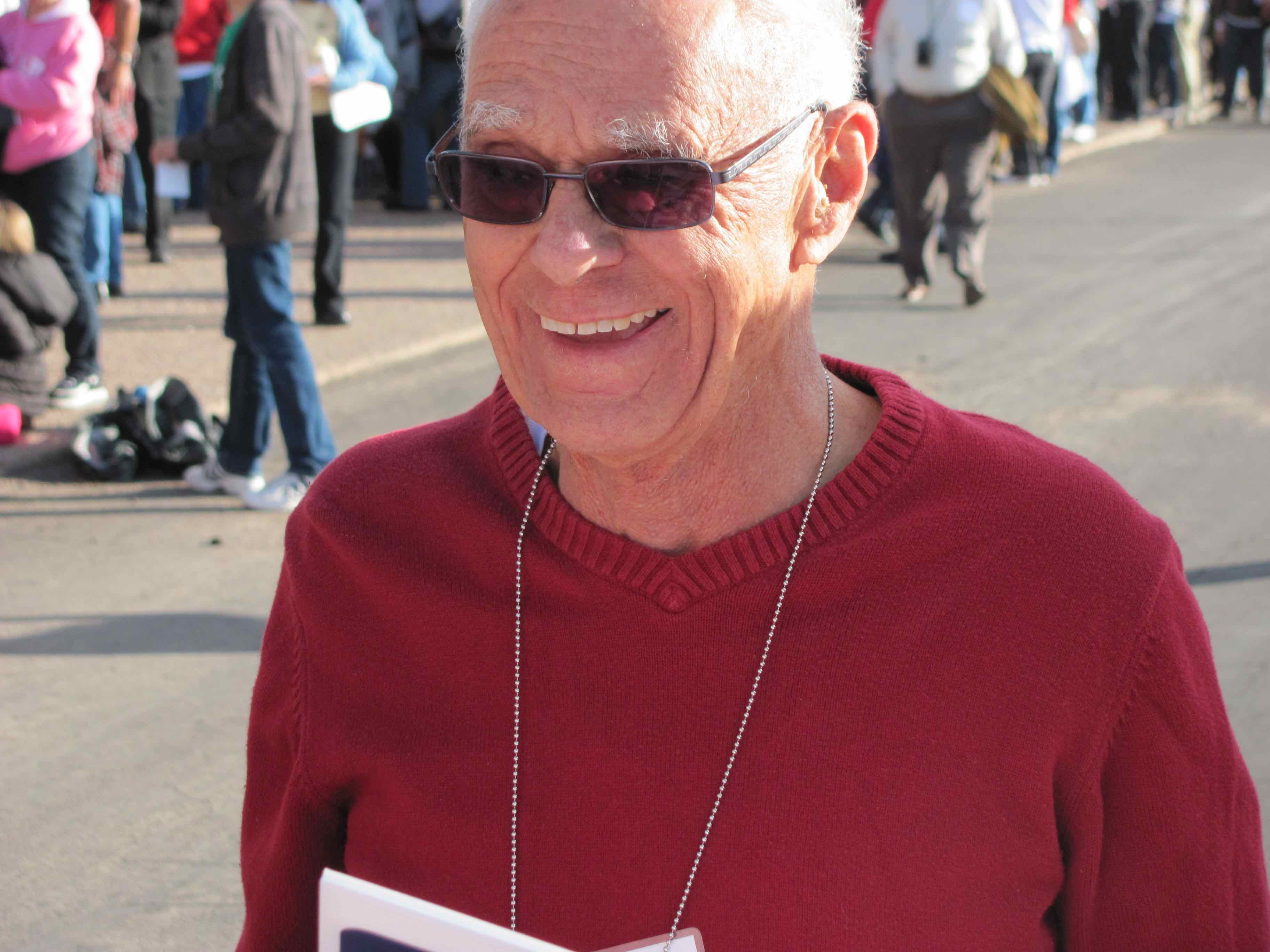AARP Hearing Center

By Miriam Davidson
Don Ritchie knew he had a hearing problem, but for a long time the retired teacher and school administrator didn’t do anything about it.
One day, about 15 years ago, as he babysat his 9-year-old granddaughter, she said, “Papa, can you turn down the television? It really hurts my ears.”
“It suddenly dawned on me I needed to get hearing aids,” said Ritchie, 80, of Mesa. “So I did.”
Hearing aids have helped him both personally and in his volunteer work with the AARP Arizona Advocacy Steering Committee. He relies on them in conversations at the state capitol, where he lobbies for the association on a variety of issues, including how to support older adults with hearing impairments.
AARP works with the Arizona Commission for the Deaf and the Hard of Hearing (ACDHH) to raise awareness about the problem. Priorities include increasing the access and affordability of hearing aids as well as eliminating taxes on hearing aid batteries.
Almost half of Arizonans over age 50 have hearing loss, a number that ranges from fewer than 30 percent of those ages 50 to 59 to almost 90 percent of those over age 80. With 1 in 5 Americans affected, people with hearing loss are the nation’s largest disability group.
The costs of hearing loss
As the population ages, the number of people with hearing problems will continue to grow. Noise exposure is the greatest contributor to hearing loss, said Michele Michaels, the ACDHH’s hearing health care program manager.
Boomers grew up in a time before people understood the threat of damage from noisy jobs like construction and the military, or recreational activities like motorcycles and concerts, Michaels observed.
Dan Martinez, 73, of Gilbert, AARP Arizona state president, has worn hearing aids for about 10 years. But “they’re not a panacea,” he said. “In noisy restaurants or if there are other distractions, they don’t work that well. You have to pick and choose where they work best.”
They’re also expensive—Martinez’s cost more than $4,000—and are easily broken or lost. He dropped one while getting into his car at the Phoenix airport, and drove off. Fortunately, “I came back to the garage several hours later and found it” still intact, he said.
Despite the prevalence of hearing loss, the state commission estimates that fewer than a quarter of those who need hearing aids wear them. Cost is the greatest barrier; the devices are not covered by Medicare or most insurance plans.
Michaels said programs exist to help people who can’t afford hearing aids; the state commission can direct AARP members to those resources. The organization also speaks to groups about coping with hearing loss.
With a $4.6 million annual budget and staff of 16, the ACDHH is a leader among the three dozen state commissions on hearing.
Last year, Arizona became the second state to install in its capitol public hearing room loop technology, which amplifies sounds and sends them wirelessly to hearing aids.
In the coming year, AARP Arizona will continue to work with the ACDHH on ways to reduce hearing aid costs and increase access for the deaf and hard of hearing. Find more information at acdhh.org.
Miriam Davidson is a writer living in Tucson.































































